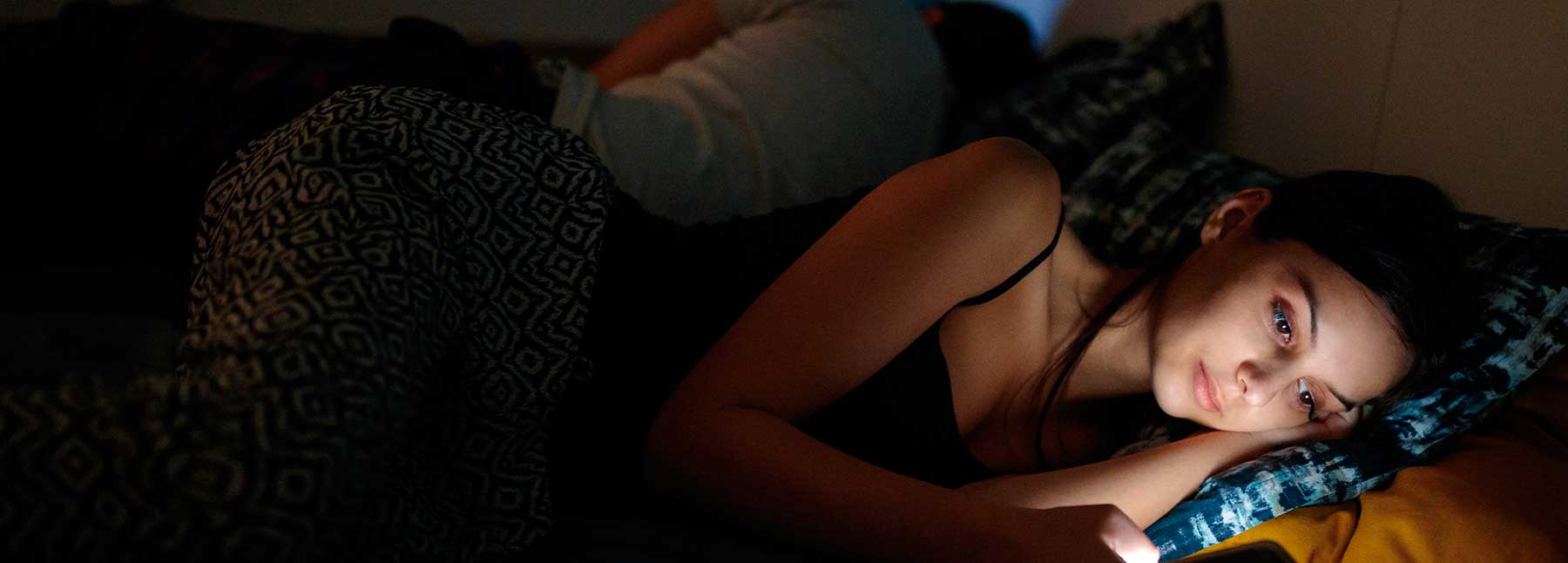The sleep-wake cycle refers to the pattern of time we spend awake and asleep every 24 hours. This pattern is one of the body’s many ‘circadian rhythms’, the rhythms that indicate time to sleep like day and night light. The most significant role of the sleep-wake cycle is to consolidate sleep during the night, helping you to stay awake during the day. It must also be kept in balance and an overly inconsistent bedtime or morning schedule can disrupt this balance.
One of the key takeaways from the WFH survey, in relation to sleep, was that respondents were planning their sleep routine better. This idea, coupled with the fact that social activity was reduced on weekends due to the closure of bars, restaurants, nightclubs etc., potentially allowed respondents to adhere to a more balanced and consistent sleep-wake cycle. This balance could also be why respondents reported feeling physically well in the survey.
Now that restrictions are easing, many of us will engage in activities which lead to a less consistent sleep-wake cycle, including the return to working in cities and offices. It is crucial that we respect the power of a balanced sleep-wake cycle by aiming to get to bed and to rise on a consistent schedule, even on the weekends where possible. While this might flex a little on office and non-office mornings, going to bed at the same time each night is an easy way to maintain consistency.



